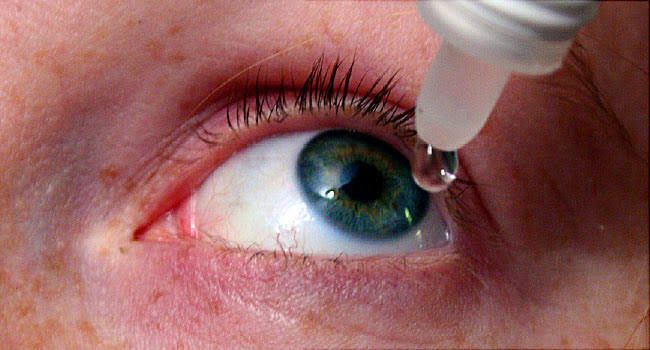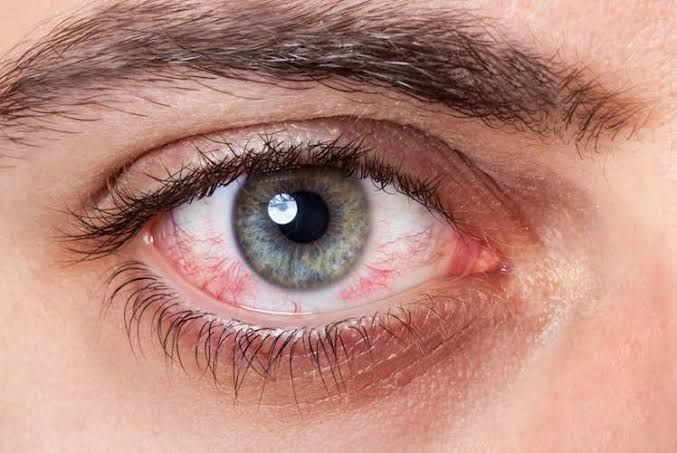Sleeping In Contact Lenses A Serious Problem
Jun 09, 2019 • 46 views
Is sleeping in contact lenses bad for health! No, not at all, they just help us in seeing our dreams clearly right! Just kidding, it's not that way.
Have you ever felt asleep wearing your contact lenses at night? If you've done it, you probably would have noticed those dried up eyes and lenses unstuck from your eyeballs.
Sleeping in lenses was the most common offense reported by people who wear contacts, according to a news report released by "The U.S. Centers for Disease Control and Prevention (CDC)".
Reasons
Contact lenses act like a sponge and form a coating over the cornea. They absorb the moisture present in our eyes, leaving trapped bacteria.
So, wearing them for too long, without cleaning them periodically can cause excessive dryness and even an eye inflection.

Unlike other parts of our body, cornea receives oxygen from the outer atmosphere and not from blood vessels. Now if we start wearing contact lenses, this oxygen supply gets reduced to a great extent. Added on to that if we start wearing them while sleeping, the oxygen supply to our eyes gets further reduced which is not at all good for their health.
This lack of oxygen supply leads to the growth of tiny blood vessels inside the cornea leading to Blurred vision.
Despite some contact lenses being approved for overnight wear, doctors still do not recommend them. “It’s important to give the eyes a break and let the cornea breathe,” they say.
Sleeping in daily wear contacts can also increase the risk of eye infections. Researchers found that around 90% of the people that wore contact lenses while sleeping reported at least one lens related disorder.
Apart from the habit of sleeping in contact lenses, there are also various other habits associated with contact lenses which should be strictly avoided. They include wearing contacts while swimming, not replacing disposable lenses and cases frequently etc.
Signs of infection

If you experience decreased vision or your eyes are getting red from time to time or over a continuous period of time.
If your eyes get watery under normal atmospheric conditions.
If the irritation is not cured by removing the lens, consult it with the doctor as soon as possible and carry your lenses along with you.
Suggestions regarding safe use of contact lenses
Always wash your hands with soap and clean water before handling contact lenses.
Replace cases timely to reduce bacterial infections.
Store lenses in a clean case with new solution everyday.
While washing the lenses, rub them gently to remove bacteria and debris.
